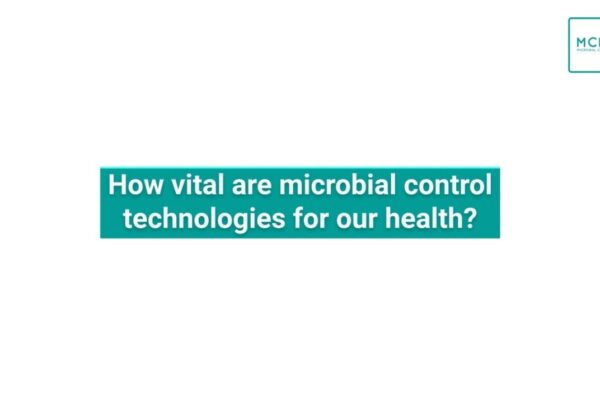The Chemicals Strategy for Sustainability (CSS), published 14 October 2020, offers both challenges and opportunities for biocides. EU legislators are currently very busy defining new concepts for the substantial amount of expected deliverables (56) included in the Annex of the strategy. Some of them are particularly relevant for MCEC, especially:
- Essential uses: the objective of the European Commission is to develop a definition building on international protocols and conventions, according to which hazardous chemicals can be used provided that they are proven essential for society. The concept is currently under discussion by the Commission, industry experts and stakeholders due to the subjectivity of the issue. The industry provided an initial feedback to EU authorities in January 2021, highlighting that considerations of ‘essentiality’ are included in the BPR exclusion criteria and implicitly considered within the socio-economic assessment under REACH. This concept is essential for biocides, which are recognized as key elements to combat the Covid-19 pandemic and ensure the sound operativity of value chains and MCEC is carefully monitoring the development of these discussions with the objective to formulate a position later this year.
- One Substance, One Assessment: the European Commission proposed the One Substance, One Assessment (OSOA) principle “to reduce the burden on all stakeholders and to make decision-making on chemicals faster as well as more consistent and predictable”. This new approach is expected to be beneficial for substances used for their biocidal properties which are examined under several regulations, including BPR, REACH and CLP. It could also bring decision and timing alignment among authorities dealing with the same substances. MCEC is reflecting on how to turn this new approach into opportunities for microbial control technologies assessment.
- Safe and Sustainable-by-Design: the European Commission called on chemicals companies to become frontrunners in leading the transition to a safe and sustainable-by-design approach to substances. Prevention of adverse health effects, reduction of the environmental impact and performance, and value to stakeholders throughout the value chain are all aspects which should be taken into account in the definition of these criteria. The European Commission acknowledges the need to provide network and financial support to the development, commercialisation and deployment of safe and sustainable-by-design substances. Due to their intrinsic properties, biocidal active substances are expected to be in the spotlight in this regard. This concept is therefore of utmost importance for MCEC members. In view of the ongoing debate, a position will be tailored for the appropriate positioning of microbial control value to our safety and value chains.
European authorities have prepared a very ambitious roadmap for chemicals and microbial control, which will be implemented as of now and for the next five years as a minimum. In consequence, MCEC will need to contribute to the ongoing discussions at political level to convey the message of the undoubted benefits of microbial control to society, economic activities and consumer safety.







